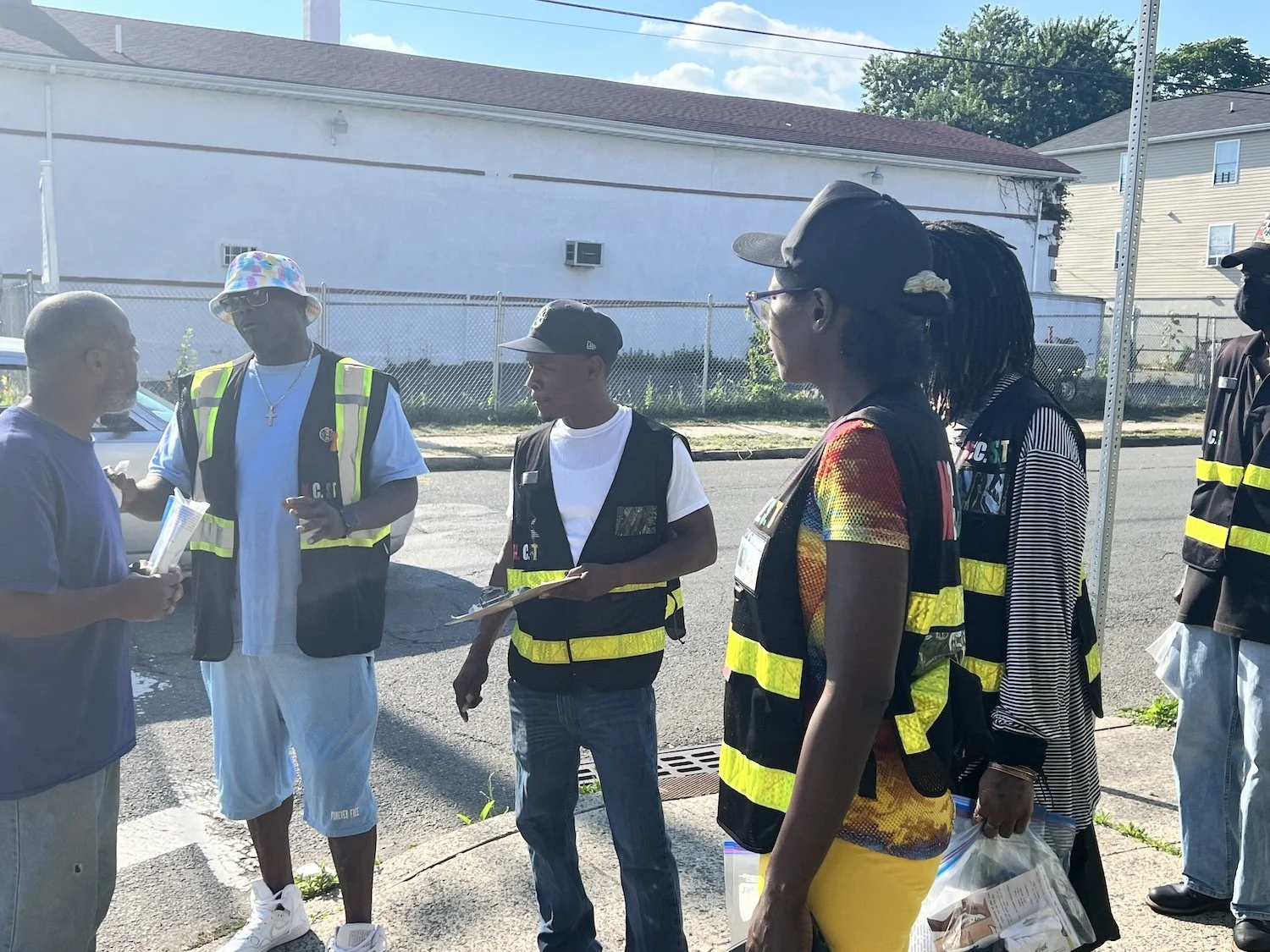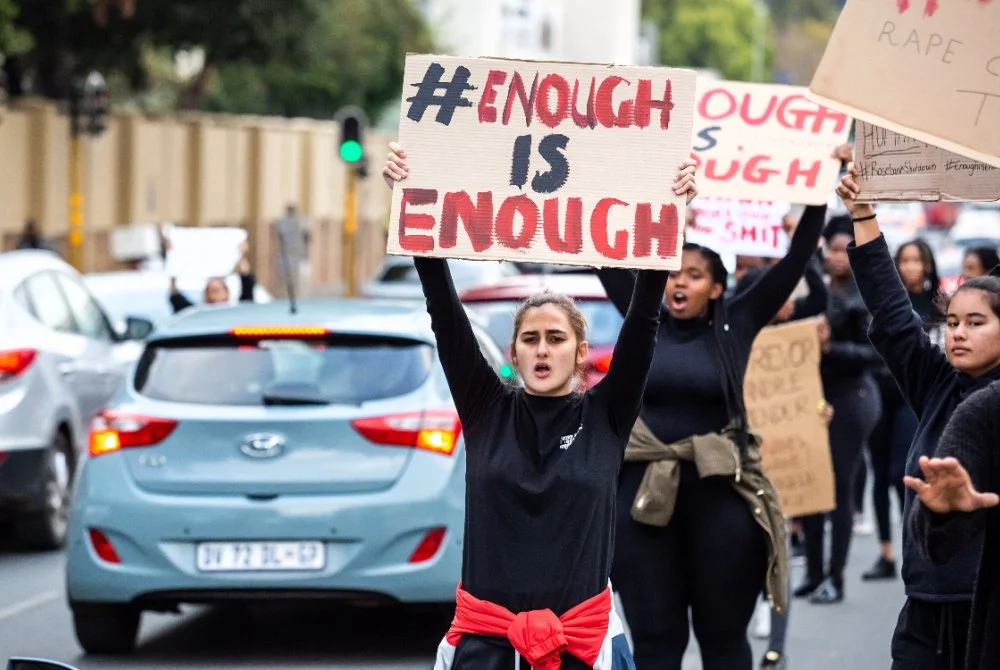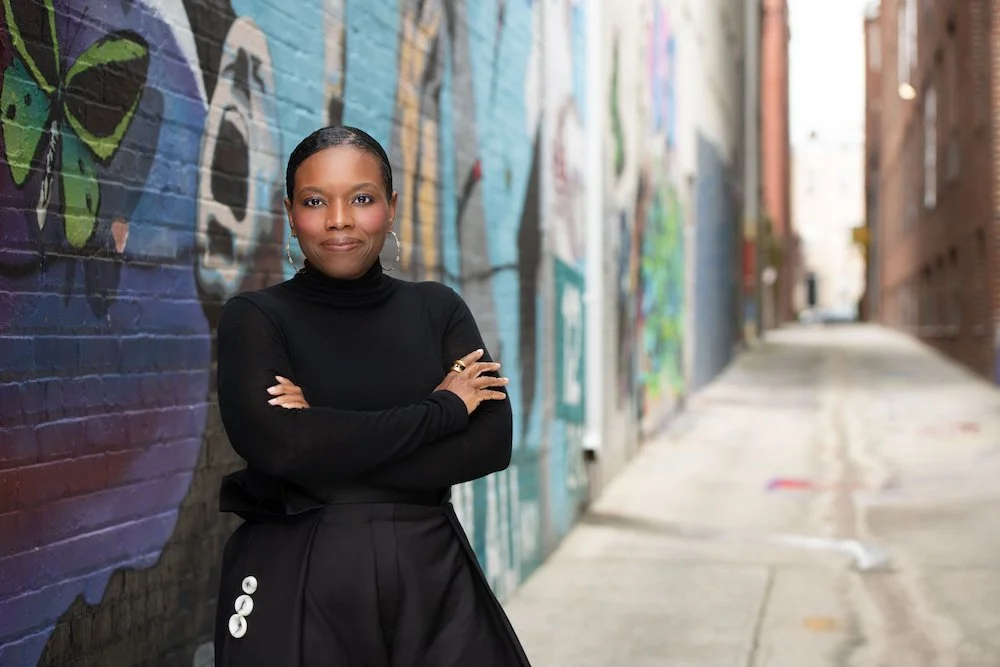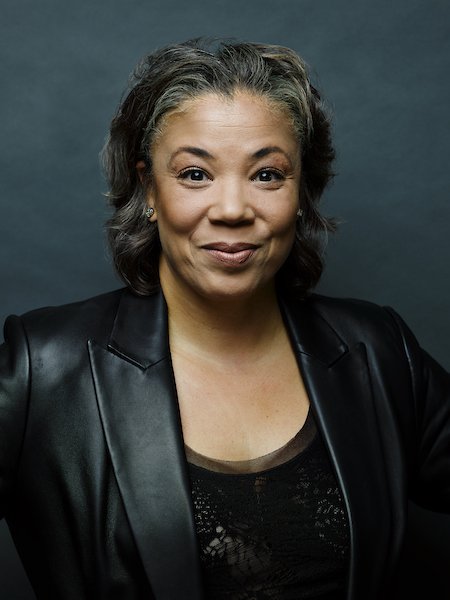Knowledge for Justice: The Rising Tide of Grants for Criminal Justice Research
/Philanthropy largely ignored criminal justice for decades—even as harsh sentencing practices were enacted nationwide and mass incarceration gained steam. Then, a few years ago, more funders started to pay attention—including some major philanthropists like Laura and John Arnold, Bill Ackman and others. New faces keep showing up, including Dustin Moskovitz and Cari Tuna, who will pump $25 million into this space in 2017 alone through the Open Philanthropy Project, as we've reported. Oh, and let's not forget about the Koch family, which has lately made some major criminal justice grants.
The rising interest among funders in criminal justice reform coincides with another growing trend in philanthropy: new excitement about the potential of better data and evidence-based solutions to solve big problems in society. So it's been no surprise to see these two trends intersecting in some interesting ways. While criminal justice is arguably one of the most primal areas of public policy—Sasha Abramsky titled a book on the topic American Furies—some of today's newer funders in the space seem confident that better facts and more reason can move the nation in a better direction.
We can see this playing out in a number of ways. For example, there's the rise of the organization Measures for Justice, which was founded with the goal of "developing a data-driven set of performance measures to assess and compare the criminal justice process from arrest to post-conviction on a county-by-county basis." The group, whose motto is "No Data. No Change," has only been around since 2011, but it's drawn support from a number of heavy hitters, including the Laura and John Arnold Foundation (LJAF), Bill Ackman's Pershing Square Foundation, the Ford and MacArthur foundations, and the Open Society Foundations.
It's no surprise Measures for Justice, with its local focus, has excited funders. This is where most of the action is in criminal justice reform—even more so after Trump's election—and where the biggest funder-backed initiatives are taking place, such as MacArthur's $100 million Safety and Justice Challenge, which is all about investing in "local reform, research, experimentation, and communications..." But while localities are where the action is, working across so many of them can be maddening, in part because of a lack of good data.
More broadly, criminal justice funders see a lot of gaps in knowledge and research, and are giving heavily here as part of a push to identify and spread best practices. As we wrote just the other day, the latest big Charles Koch Foundation gift on criminal justice—$2.2 million over four years to the University of Pennsylvania Law School—went to a center that is using an "interdisciplinary, data-driven, scientific approach to identifying and analyzing the most crucial problems of the justice system" and proposing solutions that "prevent error and improve fairness."
Related: Is This for Real? The Latest on Koch Giving for Criminal Justice Reform
Local law enforcement agencies aren’t usually stocked with wonks or techies, but the Arnold Foundation and other funders want to see them move more quickly to embrace innovative practices that can improve public safety, reduce costs, and lower the massive collateral damage inflicted by today's criminal justice system. LJAF's work often bridges the political divide, and it seeks to advance better policy through a variety of research efforts.
As we've reported, LJAF recently announced its intention to continue the Obama administration’s Data-Driven Justice Initiative, a tech-enabled effort to link local datasets on crime and policing. The initiative reflects this funder’s desire to reduce disparities in local practice, among other goals.
Related: Forget Washington. Criminal Justice Funders Have Big Plans at the Local Level
Another Arnold-funded project is finding ways to improve the reliability of eyewitness reports. Through a grant to the University of Virginia totaling over $1.3 million, LJAF is funding research to evaluate the psychology behind eyewitness testimony, its impact in the courtroom, and the statistical measures used to determine eyewitness reliability. Many innocent people have gone to prison—and some may have been executed—based on flawed eyewitness testimony.
By studying variables that can be manipulated or controlled, including suspect lineups, courtroom procedure, and how jurors “feel out” witnesses on the stand, the UVA researchers want to give investigators a better sense of how testimony matches up with the facts, and when it doesn’t. The project is funded through 2020, so we’ll likely hear more as it unfolds.
Of course, it’s only possible to get eyewitness testimony when people want to give it. In many high-crime areas, residents are anything but excited to collaborate with law enforcement, fearing retribution. Communities also lose trust in the criminal justice system when police officers are overzealous or inconsistent in how they enforce minor infractions. Whole communities can end up living in fear and anger as fines and court dates, as well as jail time, pile up for petty offenses. This was a key finding in the aftermath of events in Ferguson, Missouri. That’s one reason why LJAF is also a big backer of the Misdemeanor Justice Project, based at the John Jay College of Criminal Justice at the City University of New York.
This is an effort to build a nationwide network of researchers to look at how law enforcement handles low-level offenses. The overall goal is to examine trends, but it’s quite clear that improving public trust in police is at the front of researchers’ minds. So is making law enforcement more cost effective and sharing data across localities and jurisdictions.
The Misdemeanor Justice Project received about $272,000 in initial support from LJAF in 2014. It's since greatly expanded that support, including a $3.25 million three-year grant to fund the project's nationwide research network.
Late last year, the Research Network on Misdemeanor Justice sent around an RFP calling for research partners with access to local law enforcement data. Researchers in six jurisdictions, including Los Angeles, Toledo, Durham (North Carolina), Seattle, Prince George’s County (Maryland), and St. Louis will each receive $200,000 to to collect and analyze data on low-level offenses. The process will mirror research the project has already undertaken in New York City.
It's worth noting that LJAF’s criminal justice grants database shows a fondness for supporting research at universities, along with channeling grants to policy groups like the Vera Institute and the Brennan Center for Justice. The Charles Koch Foundation and other funders have also turned to academic grantees. It's fair to say that there's never been a better time to be a researcher working on criminal justice issues than right now, and all the more so if you're good with data.







































